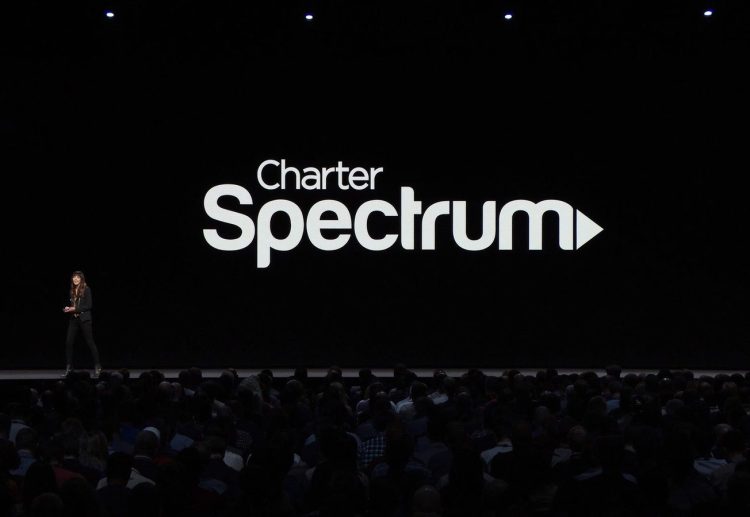As Verizon, T-Mobile, and AT&T openly prepare to challenge the broadband cable industry with next-generation 5G wireless alternatives, number two U.S. cable operator Charter is preparing two responses: blazingly faster wired broadband, and the option to offer 5G wireless services of its own. The plans were shared by Charter CEO Tom Rutledge on CNBC after his appearance at the Goldman Sachs Communacopia Brokers Conference this week.
Rutledge’s comments expand upon an earlier statement from Charter CFO Chris Winfrey, who said last week that he doesn’t “see anything about 5G that ever makes it comparable to… any capability we have through fixed line service.” In other words, Winfrey expected that Charter’s wired cable service would ultimately outperform 5G wireless for technical reasons.
Specifically, Rutledge expects that the company will roll out 10 gigabit per second (Gbps) symmetrical wired internet service to confront what otherwise might be an existential challenge from 5G wireless. That would deliver 10 times the initially promised speed of 5G wireless services — and 33 times the “typical” speed Verizon is now telling its first 5G customers to expect.
But Rutledge envisioned the wide deployment of 10Gbps wired service being 10 years out. By 2028, 5G will certainly be faster than it is in 2018. Early 5G chips are already promising up to 6Gbps speeds if the network supports them. Beyond the issue of whether future consumers will even want wired internet access, there are still questions as to who will actually pay a premium for even higher speeds. Even Verizon’s promised 300Mbps service will be 10 times faster than average home broadband today.
June 5th: The AI Audit in NYC
Join us next week in NYC to engage with top executive leaders, delving into strategies for auditing AI models to ensure fairness, optimal performance, and ethical compliance across diverse organizations. Secure your attendance for this exclusive invite-only event.
As was reported back in January, Charter has been testing 5G in six cities this year, and is looking at the prospect of offering 5G service. Rutledge told CNBC that Charter is in a better position to deliver 5G than cellular carriers because the high-speed wireless service will depend on a national fiber network, like the one Charter already has in place.
Defining 5G as small wireless cells connected to wired lines, Rutledge said that the process of developing a sufficient cable infrastructure alone is highly capital intensive, and Verizon is forecasting hitting 30 million of the U.S.’s 140 million homes in 10 years — 20 percent of the market. Charter, he suggested, already has an 8 percent footprint with its cabling.
That still leaves Charter to install all the small cells needed to deliver 5G wireless services, a process that Verizon, AT&T, and T-Mobile have been working steadily with the FCC and local governments to launch in 2018 and 2019. Whether Charter actually steps up with the wireless equipment or sticks to upgrading its wired infrastructure remains to be seen.

